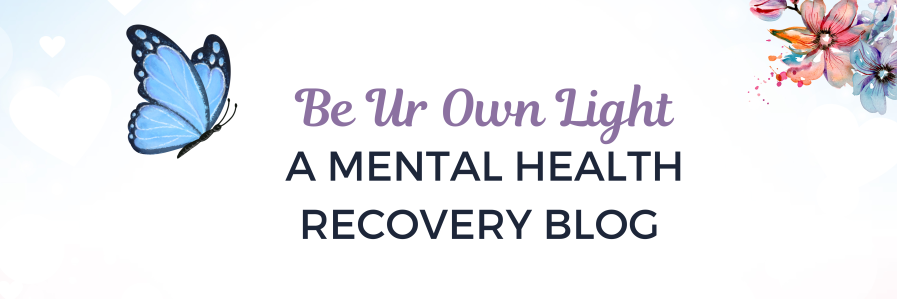
(image: https://www.rehab-recovery.co.uk)
My name is Allen and this is my recovery journey from alcoholism and mental illness.
On 12th October 2005 I had my last drink of alcohol and the following morning I was admitted to a psychiatric unit. On reflection I didn’t know what was happening and had no clue what was happening emotionally, physically or mentally just that I was going into hospital for a short stay to get better.
Better from what? Whats happening to me? When can I go home? It was like a constant conversation in my head and I couldn’t turn it off. Little did I know that I had been admitted because I was a risk to myself and others and I was going to be detoxed from alcohol and drugs.
I was never the world’s greatest drinker but I loved everything about alcohol and now know that since my teenage years, alcohol was a constant in my life at home, in pubs, on the train to work, in the park, in the toilet, in secret or in the open and it had been that way since teenage life.
So I stayed in that psychiatric unit for 6 ½ months and I was diagnosed with Bipolar 2 (a mood disorder) and prescribed medication to deal with that. Since that time, I have experienced two courses of electro convulsive therapy, Cognitive behavioural therapy, one to one counselling, 12 step programmes for drugs and alcohol, taken anti-depressants and anti-psychotics and read numerous self help books.
This week I will reach 13 years of sobriety- a great achievement considering I couldn’t go a day without alcohol. However, 2018 has seen me admitted into another psychiatric unit, following numerous suicide attempts and thoughts.
I received an additional diagnosis of Emotionally Unstable Personality Disorder and a dawning realisation that I need to go way back to my early years to start to really understand me. Childhood / teenage trauma, bullying, substance and alcohol misuse, relationship problems, low self-esteem and lack of confidence, financial woes and debts mounted up.
The past 13 years have enabled me with the help of a twelve step programme to manage life, be as good a father as possible, to be a son, brother and uncle, and a friend.
I have been able to hold down a job and study a degree in Psychology and Counselling,. I became a Mental health first aider and I suppose now I need to look at me and listen to others as to how I can manage my mental health and addiction. I can learn to be the best father I can be to my son and daughter, and focus on what I need to do to alter the cycle of mental illness that has plagued me for so long.
Long term therapy seems to be the best option and I hopefully begin this process with an assessment very soon. I am so proud to be miles away from where I was in early 2018. Then, I asked a member of the Home Treatment Team (for crisis care) if I could go into hospital. I also shared for the first time that I have heard a voice for most of my life and the voice has made me harm myself.
I am now doing so much better and hope that therapy helps me to heal even more.
Allen is a writer, mental health first aider and mental health worker.












